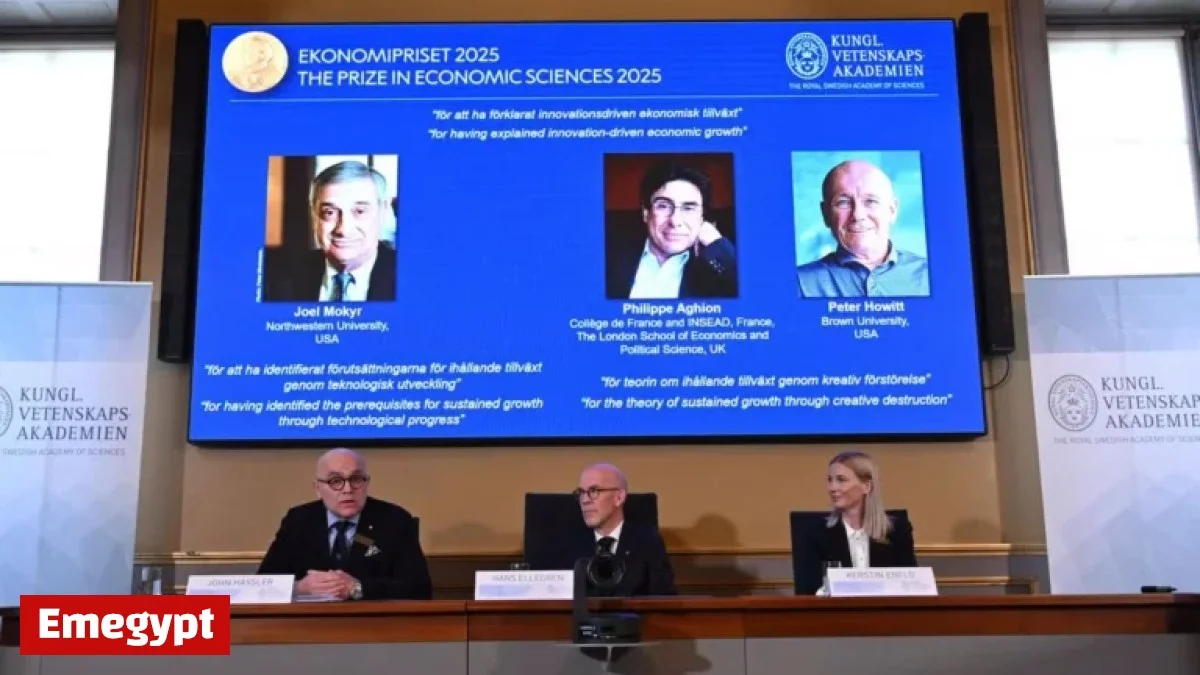
On October 13, 2025, the Nobel Prize in Economic Sciences was awarded to Joel Mokyr, Philippe Aghion, and Peter Howitt for their groundbreaking research on the influence of new technologies on economic growth. This prestigious announcement took place at the Royal Swedish Academy of Sciences in Stockholm.
Nobel Prize Winners and Their Contributions
Joel Mokyr, an AmericanIsraeli economist aged 79, received half of the award for his work identifying the essential conditions for sustainable growth driven by technological progress. Mokyr is a professor at Northwestern University in the United States.
Philippe Aghion, a 69yearold French economist, and Peter Howitt, also 79, were jointly awarded the other half for their contributions to the theory of sustainable growth through “creative destruction.” This theory describes how new and improved products can lead to the decline of older products and the companies that produce them.
Significance of Their Research
The Nobel Committee highlighted Mokyr’s use of historical sources to uncover the causes of sustained economic growth, which has become the new normal. Meanwhile, Aghion and Howitt’s exploration of “creative destruction” emphasized how innovation can disrupt established market players.
A Call for European Innovation
Following the announcement, Aghion urged European nations to prioritize technological innovation. He stressed the need not to allow the United States and China to dominate the technological landscape. In his words, European countries must recognize the importance of maintaining leadership in technological advancements.
Official Recognition and Reactions
French President Emmanuel Macron recognized Aghion’s achievement, calling it a matter of national pride. He praised Aghion for his vision of growth through innovation, stating that it demonstrates how French thought continues to illuminate global discussions.
Key Takeaways from the Nobel Committee
- The work of the laureates serves as a reminder that progress should not be taken for granted.
- Continuous attention to factors that foster and sustain economic growth is essential.
- Innovation, creative destruction, and a willingness to embrace change are crucial for economic advancement.
Prize Details and Historical Context
The joint recipients will share a monetary award of 11 million Swedish kronor (approximately 1 million euros). They follow a previous trio of laureates awarded in 2024 for research on wealth disparities between countries.
This accolade marks the final Nobel Prize awarded in 2025, a year that also recognized notable contributions in peace, literature, chemistry, physics, and medicine.
Nobel Prize Categories in 2025
| Category | Laureate(s) |
|---|---|
| Peace | Maria Corina Machado |
| Literature | Laszlo Krasznahorkai |
| Chemistry | Richard Robson, Susuma Kitagawa, Omar M.Yaghi |
| Physics | Michel Devoret, John Clarke, John Martinis |
| Medicine | Shimon Sakaguchi, Mary Brunkow, Fred Ramsdell |
The Nobel Prize serves not only to recognize individual achievement but also to highlight the importance of innovation and its impact on society. As technological advancement continues to shape our world, the insights from these economists are more relevant than ever.
